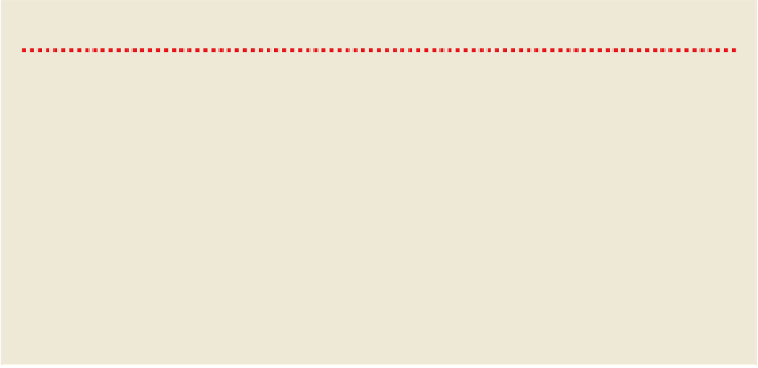Travel Reference
In-Depth Information
Mali's leading director is Souleymane Cissé, whose 1970s films include
Baara
and
Cinq Jours d'Une Vie
. Later films include the wonderful
Yeelen
, a prize winner at the
1987 Cannes festival, a lavish generational tale set in 13th-century Mali, and
Waati
.
Cheick Oumar Sissoko has won prizes at Cannes and his
Guimba, un Tyran, une Epoque
Guimba
, won the Étalon d'Or de Yennega, Africa's 'Oscar', at the 1995 Fespaco.
From Burkina Faso, Idrissa Ouédraogo won the 1990 Grand Prix at Cannes for
Tilä
, an
exceptional cinematic portrayal of life in a traditional African village. He is one of very
few West African film-makers to find genuine commercial success in the West. His other
movies include
Yaaba
,
Samba Traoré
,
Kini
and
Adams
. Gaston Kaboré is another fine
director whose film
Buud Yam
, a tale of childhood identity, superstition and a 19th-cen-
tury African world about to change forever, was the 1997 winner of the Étalon d'Or de
Yennenga.
FESPACO
Burkina Faso may, as one of the world's poorest countries, be an unlikely venue for a world-renowned festival of
film, but the biennial nine-day Pan-African Film Festival, Fespaco (Festival Pan-Africain du Cinema;
www.fespaco.bf
), goes from strength to strength.
Fespaco began in 1969, when it was little more than a few African filmmakers getting together to show their
short films to interested audiences. Hundreds of films from Africa and the diaspora in the Americas and the
Caribbean are now viewed every year, with 20 selected to compete for the prestigious Étalon D'Or de Yennenga -
Fespaco's equivalent of the Oscar - as well as prizes in other categories (including TV).
Fespaco is held in Ouagadougou every odd year, in the second half of February or early March, and has be-
come an essential pillar of Burkina Faso's cultural life. Since its early days, it has also helped stimulate film pro-
duction throughout Africa and has become such a major African cultural event that it attracts celebrities from
around the world.
Recent West African award-winners include Nigeria's Newton Aduaka, who received the Étalon d'Or de
Yennenga for
Ezra
(which also appeared at the Sundance Film Festival) in 2007, while the runner-up award the
same year went to
Les Saignantes
by Cameroonian director Jean Pierre Bekolo. In 2011, the top prize was won by
Moroccan director Mohamed Mouftakir for his film
Pegasus
.
Nigeria
Nigeria is home to the world's second-largest film industry (behind India, but ahead of the
USA, and worth US$250 million a year). Going by the name of 'Nollywood', it turns out
massive numbers of low-budget, high-energy films (up to 200 a month) that are wildly
popular on DVD, but which won't win any critics' awards.
Most industry watchers trace the birth of Nollywood to
Living in Bondage
(1992) by
NEK Video Links, owned by Kenneth Nnebue in the eastern city of Onitsha. The wide
reach of Igbo networks, aggressive marketing campaigns and the use of English as a
primary language quickly broadened the industry's appeal. The staple of Nollywood films

